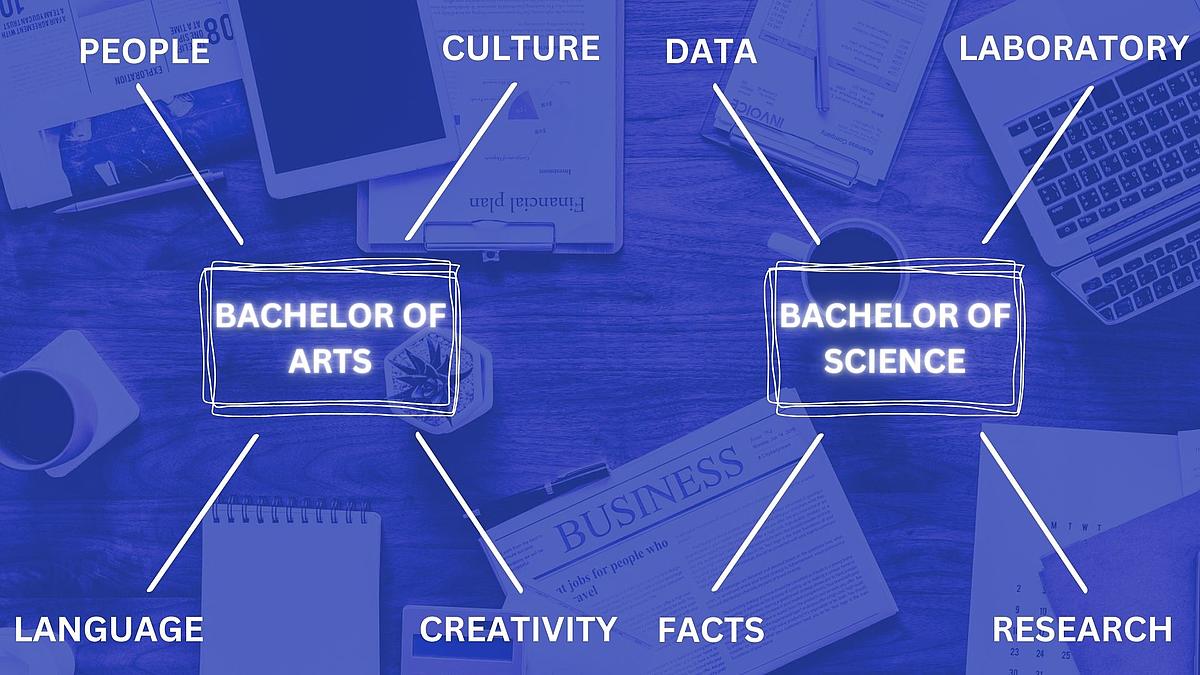The Bachelor of Science is also an academic degree awarded as an undergraduate degree at colleges and universities in many countries. Unlike the Bachelor of Arts (B.A.) degree, which usually focuses on humanities and social science fields of study, the Bachelor of Science degree focuses on science, engineering, mathematics, and other related fields.
A Bachelor of Science degree program provides students with a solid scientific apprenticeship based on research, analysis, and practical applications. Typical fields of study within a B.Sc. degree program include:
- Natural sciences: This includes subjects such as biology, chemistry, physics, earth science, and environmental science. Students in these programs explore the natural laws of our universe.
- Engineering: This includes majors such as mechanical engineering, electrical engineering, computer science, and civil engineering. These focus on designing, developing and implementing technologies and systems. Whereas, there is also sometimes a Bachelor of Engineering degree here.
- Mathematics and Statistics: Mathematics studies emphasize mathematical theories and applications, while programs in statistics focus on analyzing data and generating insights.
- Computer Science: Computer science programs focus on software development, database management, artificial intelligence, and other areas of information technology.
The Bachelor of Science is known for its scientific and analytical approach, in which experiments must be reproducible. During their studies, students learn to solve complex problems, apply scientific methods, and critically evaluate data. Research and laboratory work are often integral parts of these programs.
Upon completion of a B.Sc. degree program, graduates have a variety of career options. They may work in research institutions, technical companies, health care, environmental protection, IT industries, finance, and many other industries. The B.Sc. can also form the basis for further studies, such as master's or doctoral studies in related fields.



















